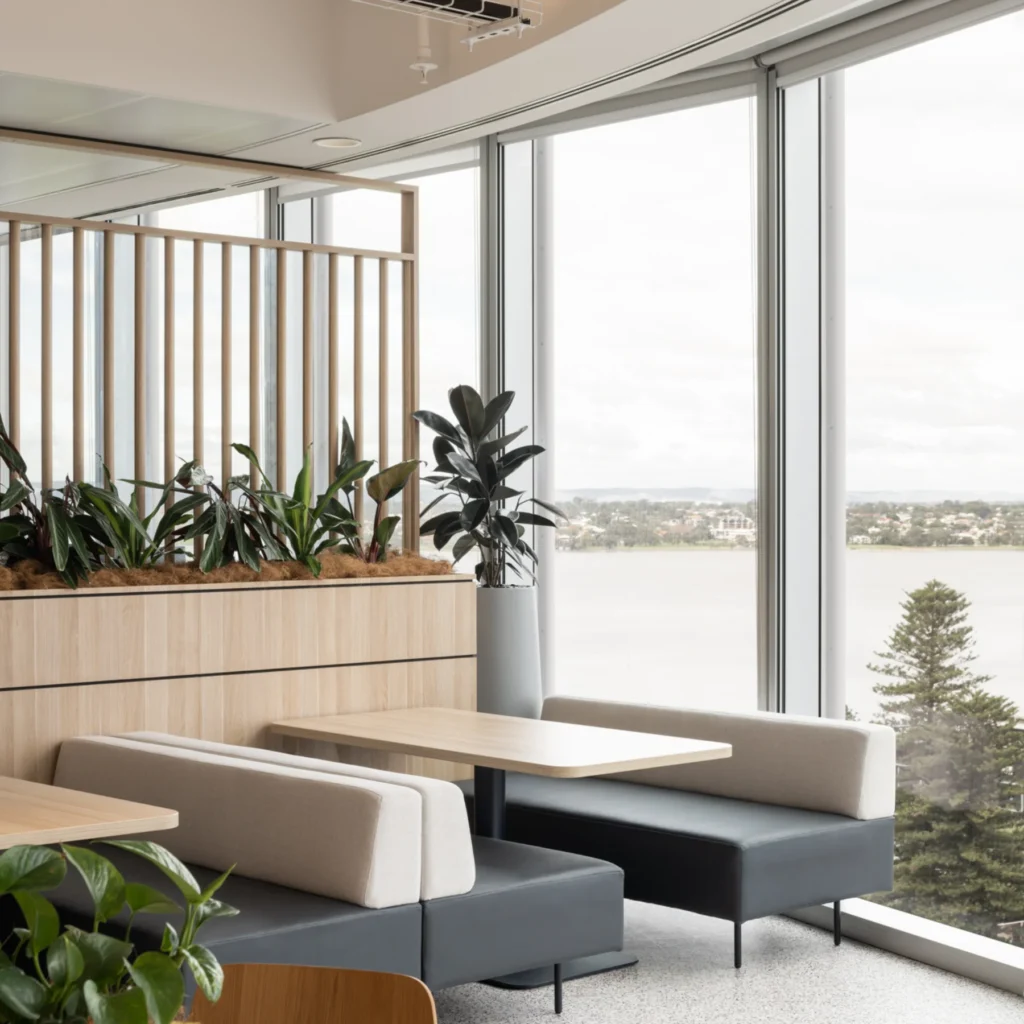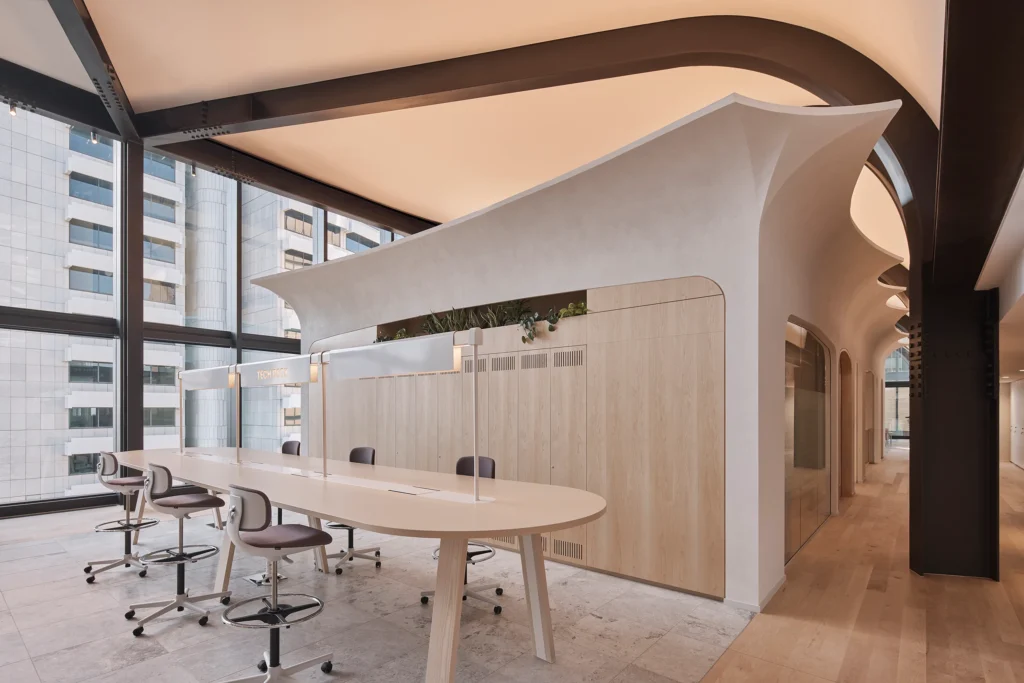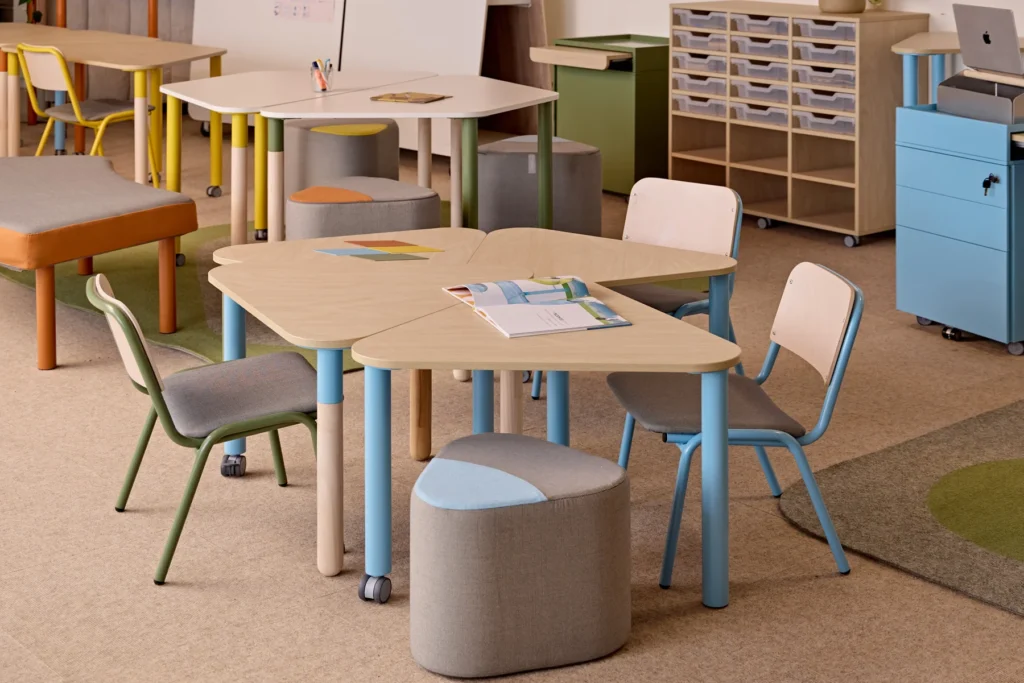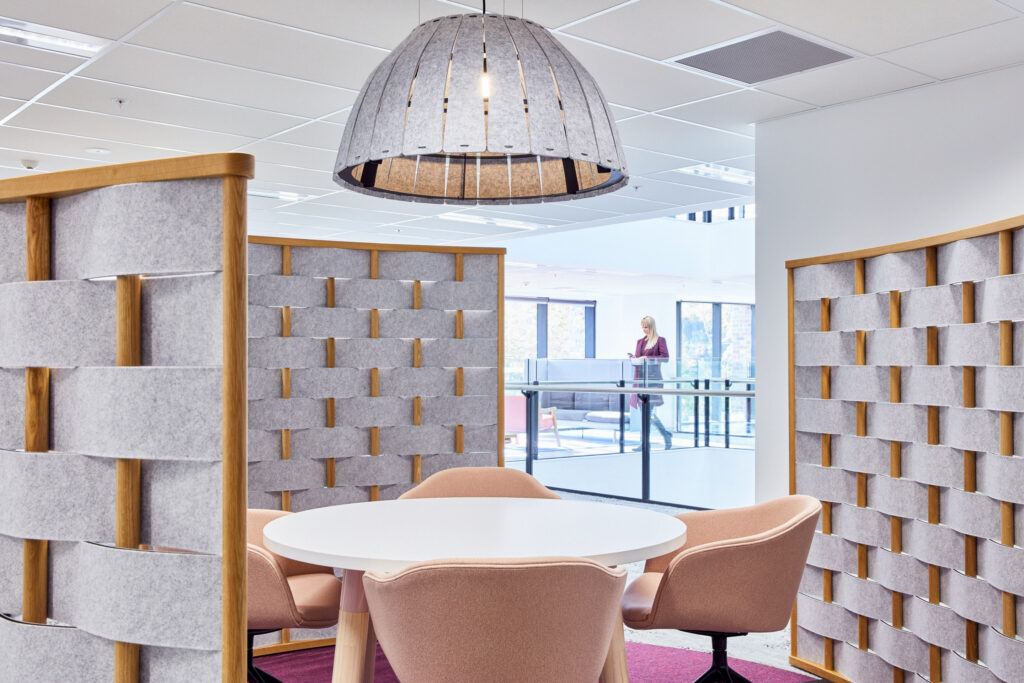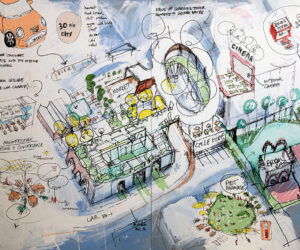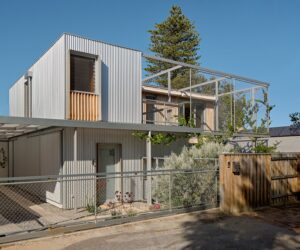Koskela’s 10 Circular Design Principles Unveiled
Leading Australian design company Koskela has unveiled a new, practice-based framework for circularity in commercial furniture and fit-outs – launching 10 Circular Design Principles that aim to shift the conversation from sustainability rhetoric to real-world impact.
In a sector under growing pressure to address waste, short product lifespans, and embodied carbon, Koskela’s principles offer a tangible and practical framework from which to make both business and design decisions.
“We’ve long believed that design can – and absolutely has to – do more than just look good,” said Sasha Titchkosky, co-founder of Koskela.
The reality is that 80% of a product’s environmental impact is determined at the design stage. If we want to lower emissions, reduce waste and extend the life of the built environment, the most powerful lever we have is design.”
Over a year in development, the 10 principles are grounded in circular economy research from the Ellen MacArthur Foundation and Koskela’s two decades of experience creating furniture for Australian workplaces, schools and public spaces. Each principle addresses a specific design intervention – from modularity, repairability and reassembly, to the use of low-carbon, recycled and recyclable materials.
“It’s not enough to design for first use,” said Titchkosky.
“We’re designing for second, third and even fourth lives. That means rethinking not just the product, but the systems that support it – how it’s cared for, how it’s repaired, and how it’s eventually recovered or remade.”
The urgency is real: the built environment contributes close to 40% of global carbon emissions, and embodied carbon – the emissions tied to materials, manufacturing, and construction – now accounts for 28% of that total. By 2050, it could exceed half of all new building-related emissions.
With short commercial lease cycles and fast refurbishments, furniture is a major but under-addressed part of this problem.
“Circular design can’t remain a buzzword,” said Titchkosky. “This framework is about operationalising it. These are principles you can design, manufacture and build around today – not hypotheticals for 10 years from now.”
The release of Koskela’s 10 Circular Design Principles coincides with renewed industry focus on sustainable procurement and the urgent need for built environment decarbonisation. It’s a call to action for architects, designers, and organisations seeking long-term, low-impact solutions – not just surface-level change.
Explore the full 10 Design Principles here

